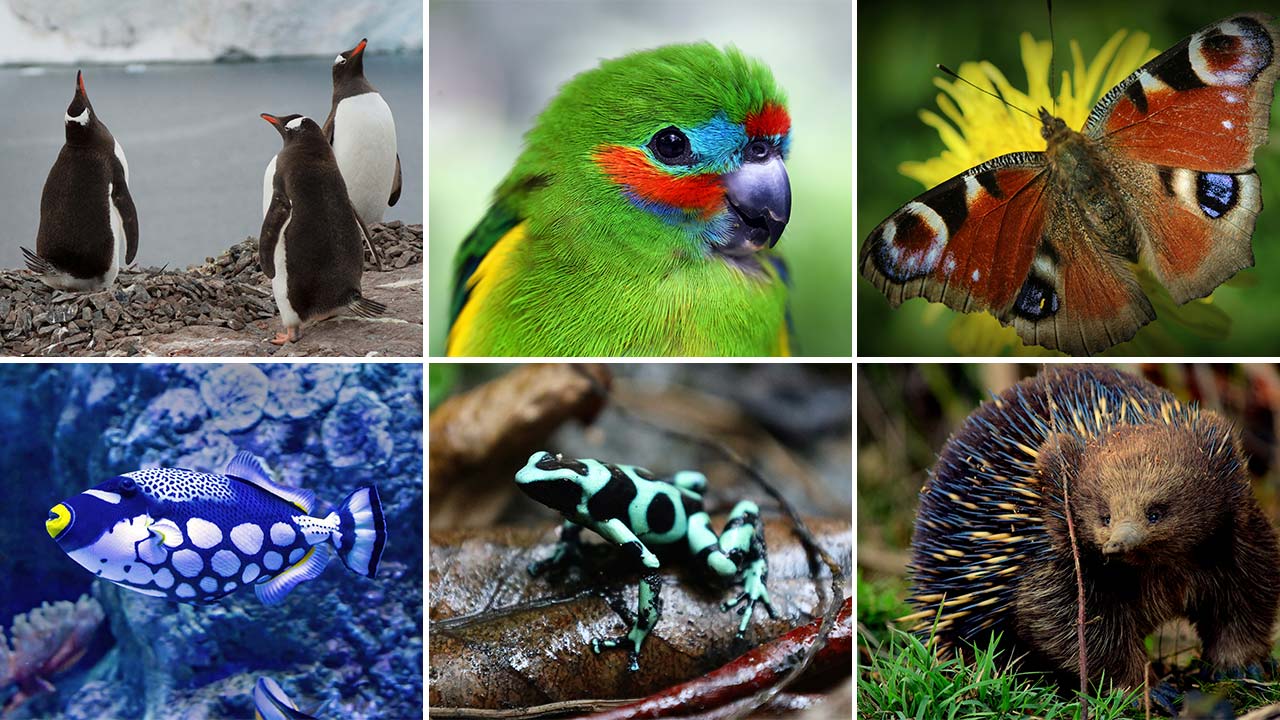The term “biodiversity” is a combination of two words – “bio,” which means life, and “diversity,” which refers to a range or variety of different elements. Therefore, biodiversity essentially encompasses the vast diversity of living organisms that coexist on Earth.
The theme of the 2024 International Day for Biological Diversity is “Be Part of The Plan“. The claim is a call to action, urging individuals, communities, and nations to actively participate in the collective efforts to preserve and promote biological diversity.
By being part of the plan, individuals can actively participate in decision-making processes, adopt sustainable practices, and raise awareness about the significance of biological diversity.
Biodiversity is a fundamental requirement for the sustenance of life on Earth. The intricate web of interconnected species, ecosystems, and genetic diversity is crucial for the survival and well-being of all living organisms, including humans.
By promoting collective action, this day empowers us to be responsible stewards of the natural world and ensure a thriving and resilient planet for future generations.




